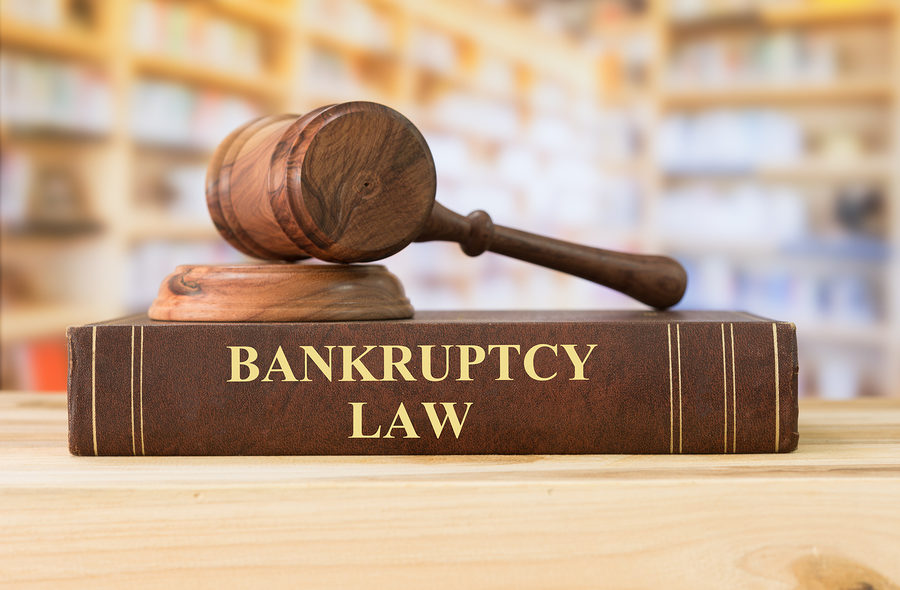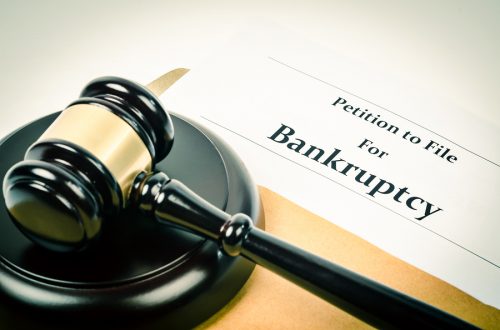The coronavirus pandemic has affected our country in so many ways. It has also affected the U.S. Bankruptcy Code, specifically through the recently passed $2.2 trillion Coronavirus Aid, Relief and Economic Security Act (CARES Act).
Within the CARES Act were revisions to parts of the U.S. Bankruptcy Code, meant to help small businesses and consumers during this difficult time. The CARES Act amended the Small Business Reorganization Act of 2019 (SBRA), which temporarily increased the debt threshold for filing for Chapter 11 Bankruptcy relief. The debt threshold increased from $2,725,625 to $7,500,000. After one year, the threshold will go back down to the original amount.
Chapter 11 bankruptcy has typically not been a feasible option for many struggling small businesses. The length of time it takes to complete a Chapter 11 case and the expense that accompanies it has made Chapter 11 a less than desirable option. However, the SBRA was created to allow small business owners to get themselves back on their feet in a more efficient and cost-effective way through Chapter 11 reorganization.
The first change is individuals or businesses with at least 50 percent of their debts being commercial debts and total debts not exceeding the $7.5 million threshold can file for bankruptcy relief under Chapter 11, Subchapter V of the Bankruptcy Code.
Additionally, under this chapter, filers can then take advantage of the protections offered by Chapter 11 without having to comply with the previous restrictive timelines, meaning the Chapter 11 will move quicker than normal. The prohibitive expenses that previously went along with proceeding under Chapter 11 are also waived. Under SBRA, filers are not required to pay the quarterly U.S. Trustee’s fees that are imposed under a traditional Chapter 11 case. These fees can tend to be quite expensive.
Typical Chapter 11 cases also require a creditor’s committee be appointed to handle disputes in the case, but under a SBRA case, this will not occur, in hopes of minimizing disputes or distractions in the case. Every SBRA case will receive a standing trustee who will assist the person or business in formulating a plan and monitoring progress under the plan. Chapter 11 trustees tend to be given more control over operating the business during the case, but under a SBRA case, the trustee will not be in control over the filer’s business. Rather, the trustee is there to resolve any creditor issues and make sure the case moves along and is closed successfully.
The SBRA provisions also include a series of other measures that make proceeding with a Chapter 11 bankruptcy much more seamless and realistic for small businesses, including waiving the disclosure statement, confirming the Subchapter 5 plan despite impaired classes voting to reject the plan, and allowing the small business owner to stretch payment of administrative expense claims over the course of the plan.
The CARES Act also helps individuals filing under Chapters 7 and 13 of the U.S. Bankruptcy Code. Specific changes to these chapters include the ability of filers who are working under a Chapter 13 reorganization plan to seek a plan modification in the event they are suffering a material financial hardship due to the coronavirus pandemic. Normally, Chapter 13 cases last anywhere from three to five years, but the CARES Act has allowed plans to be extended for up to seven years, thus making monthly payments smaller and more manageable for consumers.
Additionally, the CARES Act specifically says that the stimulus payments received from the legislation are not included in the definition of “income” under the bankruptcy code and will not be used to determine eligibility for filing under Chapter 7. Therefore, filers will not be penalized for receiving these checks due to COVID-19.
If you have questions on this topic or are in financial crisis and considering filing for bankruptcy, contact an experienced Miami bankruptcy attorney who can advise you of all of your options. As an experienced CPA as well as a proven bankruptcy lawyer, Timothy Kingcade knows how to help clients take full advantage of the bankruptcy laws to protect their assets and get successful results. Since 1996 Kingcade Garcia McMaken has been helping people from all walks of life build a better tomorrow. Our attorneys’ help thousands of people every year take advantage of their rights under bankruptcy protection to restart, rebuild and recover. The day you hire our firm, we will contact your creditors to stop the harassment. You can also find useful consumer information on the Kingcade Garcia McMaken website at www.miamibankruptcy.com.
Source: National Law Review


